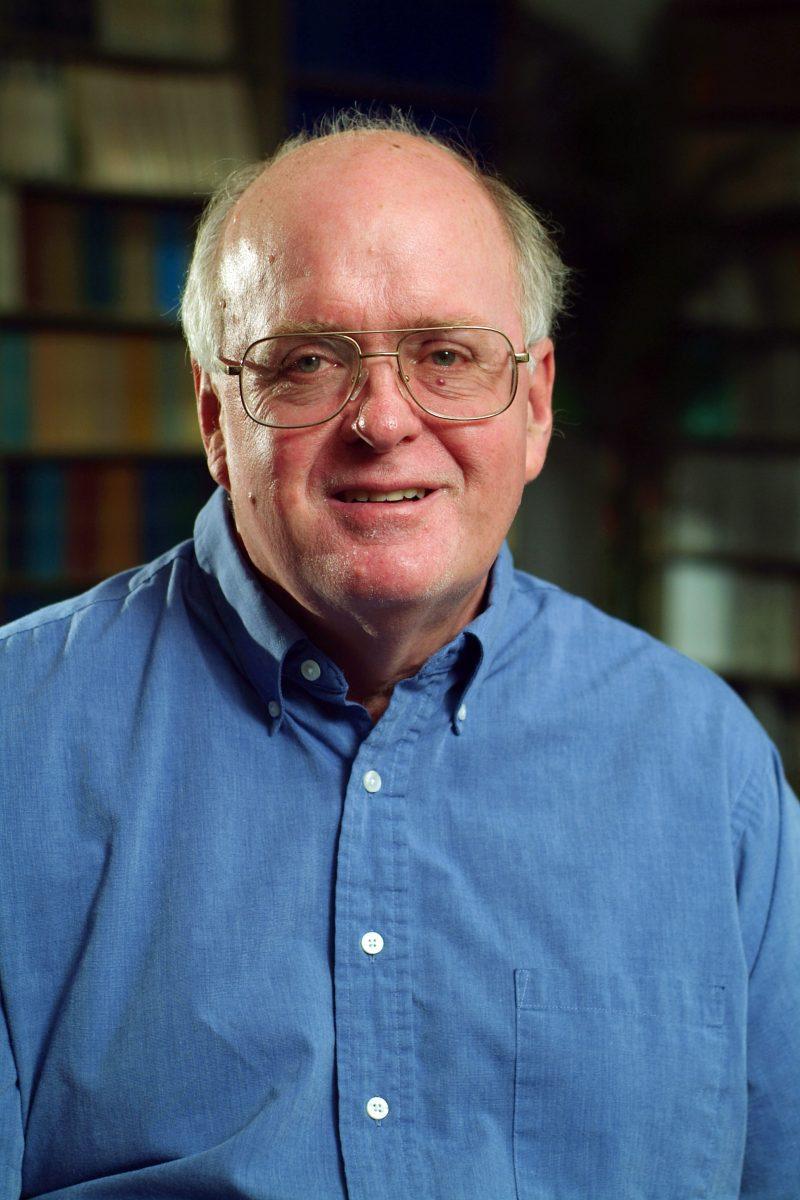To address concerns of a changing climate and its effects on agriculture, livestock and the natural environment, a conference will be held on Oct. 26 from 8 a.m. to 6 p.m. in the Texas A&M AgriLife Center.
Titled Agricultural and Ecological Vulnerability to a Changing Climate, the conference is part of the Texas A&M grand challenge program and is funded through the college of agriculture and life sciences. The conference was planned by A&M professors David Briske, Thomas Lacher Jr. and Bruce McCarl. Speakers from around the world will be presenting their research on this issue at the conference, combining expert knowledge from various scientific fields to find solutions for the future.
Lacher Jr., professor of wildlife and fisheries sciences, was one of three planners for the conference. He said the speakers will share their perspectives on the issues at hand to bolster the universities existing research efforts to adapt agricultural practices to the changing climate.
“We have some of the best people in the world working on climate,” Lacher said. “We currently have everything so split among different colleges and departments and it’s becoming clear that the only way we can address these concerns for the future is to have … people who are actually working with issues associated with the impact of rising temperatures and changing precipitation patterns.”
John Nielsen-Gammon, regent’s professor of atmospheric sciences and Texas’ state climatologist, will be one of the speakers at the conference. Nielsen-Gammon said although the Texas economy depends on agriculture — especially in rural counties — this is an issue which affects people around the world.
“The issues we’re exploring here are going to improve global food security and particularly help people in places where they don’t have such a wealthy economy and they can’t get their food from elsewhere or they can’t deal with higher prices if erratic weather has caused a global-scale food shortage,” Nielsen-Gammon said.
Nielsen-Gammon said the goal of the conference is to not wait for climate change to take its course, but to be prepared enough to effectively adapt to what it might cause in the future.
“The idea is to stay ahead of the game and to make sure the crops we are growing are in the right locations, are going to have the greatest likelihood of success based on what the climate is going to be this year or 10 years from now as opposed to what the climate was 30 or 40 years ago,” Nielsen-Gammon said.
Briske, a professor of ecosystem science and management, said the conference will help provide a platform to begin utilizing and displaying how A&M can address a changing climate.
“It’s probably not very well recognized that Texas A&M has tremendous academic and research potential in addressing climate and the impacts of climate change on agricultural and ecological systems,” Briske said. “Part of the idea is just to try and organize that so it’s a little bit more well-recognized and has a little bit greater impact than it has previously.”










